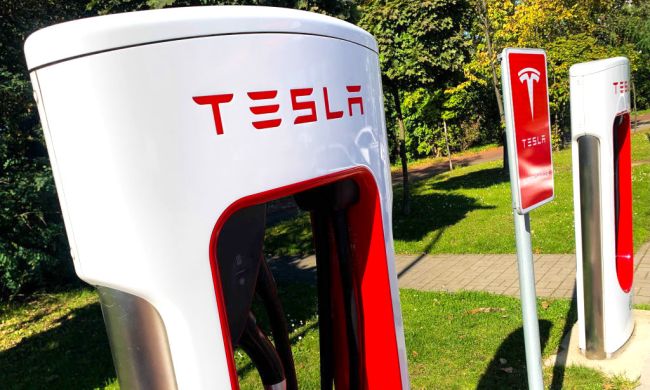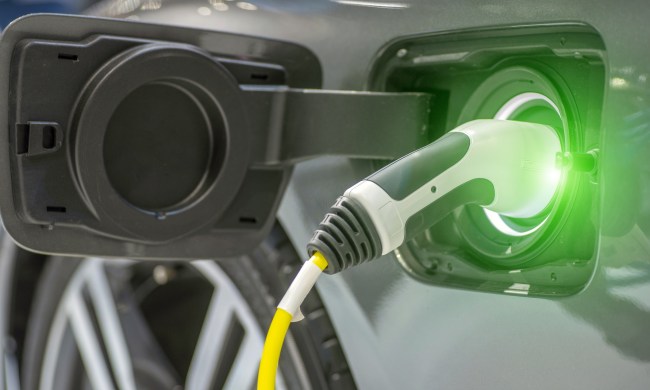In a move that could save electric-car owners precious time each day, Google Maps has rolled out a new feature that lets you more easily confirm the plug types used at nearby charging stations.
Different models of electric vehicles (EVs) use different connectors, for example, BMW and Volkswagen EVs use CCS for fast charging, Nissan and Mitsubishi use CHAdeMO, and Tesla has its proprietary supercharger design. Spotted by Android Police, the new Google Maps feature adds a drop-down menu that appears when you begin a search for nearby charging stations. The menu lists all of the available connectors at nearby stations, and tapping on the connector that fits your vehicle quickly filters the results.
Google Maps added EV charger information earlier this year, but the new filter feature should help you to locate a suitable charging station even more quickly.
You’ll also find a new “Electric vehicle settings” option in Google Maps’ settings that lets you add the plug types that correspond with your vehicle so that you can see relevant results even more quickly.
Google Maps’ other handy EV-related feature is that it lets you know the real-time availability of nearby charging ports, which should help to reduce stress if you need to get somewhere and don’t want to be waiting around for a free port.
Of course, there are plenty of other apps out there that help you locate nearby charging stations according to connector type, but having the feature folded into a commonly used app like Google Maps should make it all the more convenient to use.
The new Maps functionality is available for EV drivers in the U.S. using Android and iPhone devices. We’ve reached out to Google to find out if the feature is available globally and we will update this article if we hear back.
Thinking of splashing out on your first electric car, or maybe replacing your current one with a new design? Digital Trends has looked at the current crop of available models and settled on some of the best designs. They include Tesla’s $100,000 Model S at the top end, and the more wallet-friendly Nissan Leaf, priced at $30,000, at the other. In between those price points you’ll also find offerings from BMW, Audi, and Chevrolet.


